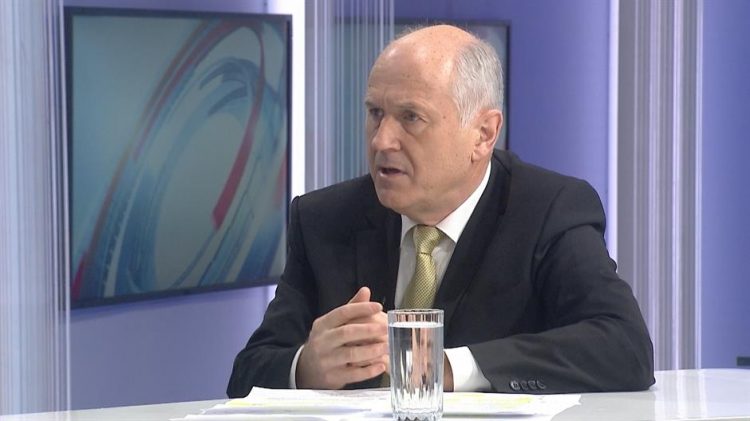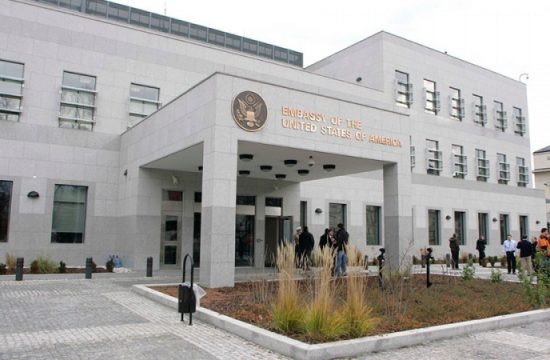
In a report to be handed to the UN today, Bosnia’s top international official, Valentin Inzko, expressed concern over statements made by officials in Bosnia that challenge the country’s sovereignty, hint at a territorial reorganization and reference possible conflict.
This is the 53rd Report for Implementation of the Peace Agreement on Bosnia and Herzegovina a High Representative will hand to the UN Secretary General.
Inzko wrote that during the reporting period, from October 22, 2017, through April 21, 2018, statements challenging the sovereignty and territorial integrity of Bosnia were made.
“Republika Srpska (one of Bosnia’s two semi-autonomous entities) President Milorad Dodik was again the most frequent exponent of such proclamations, which included calls for and predictions of Republika Srpska independence, denials of the sovereignty of Bosnia and Herzegovina and references to the Republika Srpska as a State,” Inzko wrote.
Another cause of concern to him were statements made by Dodik and the Croat member of Bosnia’s tripartite Presidency, Dragan Covic, regarding a possible territorial reorganization of the Federation entity, Bosnia’s other sub-state.
“Bosnia and Herzegovina House of Peoples delegate Mario Karamatic threatened with the dissolution of the country if the electoral reform issues were not resolved,” Inzko also wrote.
The High Representative wrote he is “concerned about the recent readiness by some public figures to make irresponsible statements referencing the possibility of a return to conflict.”
“More recently, significant controversy was caused by two statements by Bosniak presidency member Bakir Izetbegovic, describing in detail weapons production in the Federation and stating that such weapons were not only for export but to “respond” in case of a potential war scenario,” he wrote, adding that these statements followed similar comments the Federation Prime Minister had made.
“In March, the leader of the Party for a Better Future, Fahrudin Radoncic, threatened war in case of the creation of a third entity,” Inzko pointed out.



